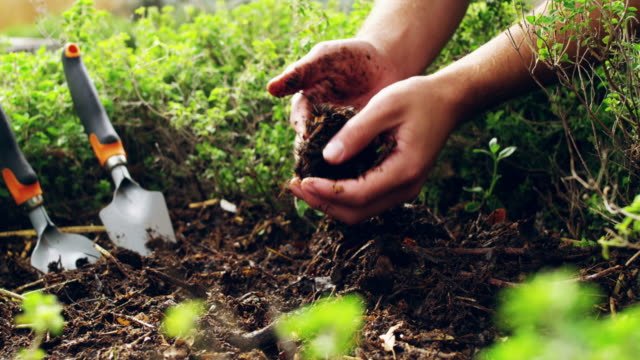
- calendar_month May 6, 2024
- folder Community Engagement
Sharing Tags
Child safety, Healthy living, Home decor, Home Safety, Houseplants, Indoor gardening, JohnHart, JohnHart Real Estate, Nathan Derry, Nathan Derry JohnHart, Nathan Derry Realty, Nathan Derry Recommends, Nathan Derry, JohnHart Real Estate, Non-toxic plants, Pet Safety, Realtor advice, Toxic plants
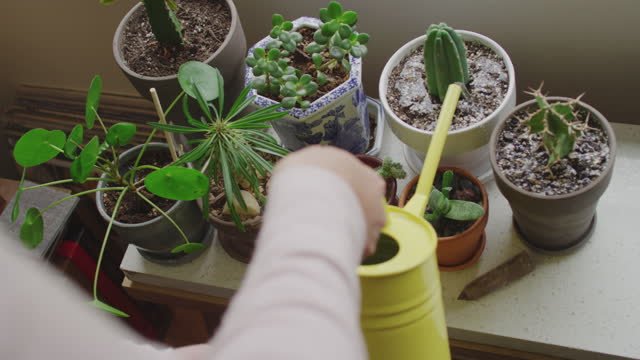
As a Realtor who values the well-being of my clients, I often find myself discussing not just the homes themselves, but also the elements that make them truly livable. One such element that has gained immense popularity in recent years is houseplants. These green companions not only add aesthetic appeal to indoor spaces but also offer various health benefits. However, it's essential to be aware that not all houseplants are created equal, especially when it comes to safety for children, dogs, and cats.
Here's a comprehensive guide to selecting houseplants that are not only healthy for your environment but also safe for your loved ones:
Healthy Houseplants
Snake Plant (Sansevieria trifasciata): Known for its air-purifying qualities, the snake plant is an excellent choice for improving indoor air quality. It's also relatively low-maintenance, making it ideal for busy homeowners.
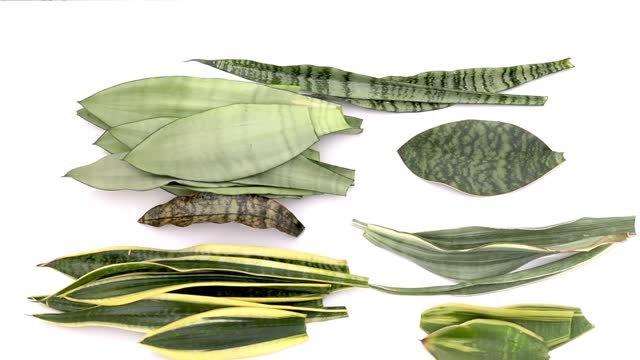
Spider Plant (Chlorophytum comosum): Another air-purifying champion, the spider plant is non-toxic to pets and adds a touch of elegance with its long, arching leaves. It's also known to reduce indoor air pollutants like formaldehyde and benzene.
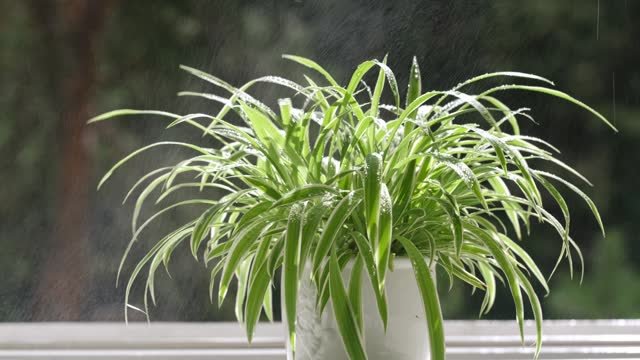
Boston Fern (Nephrolepis exaltata): Renowned for its lush foliage, the Boston fern thrives in humid environments, making it perfect for bathrooms or kitchens. It's safe for both children and pets and helps to add moisture to the air.

Peace Lily (Spathiphyllum): With its elegant white flowers and glossy green leaves, the peace lily is a popular choice for indoor spaces. It's known for its ability to remove common household toxins like ammonia and benzene from the air.
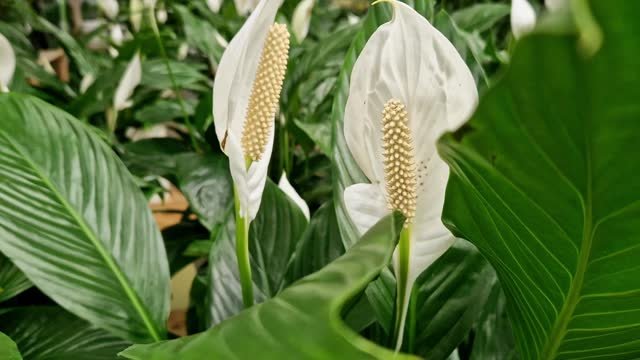
Toxic Houseplants
Dieffenbachia (Dumb Cane): While visually striking, the dieffenbachia contains toxic compounds that can cause irritation and swelling if ingested. Keep it out of reach of children and pets, or opt for safer alternatives.
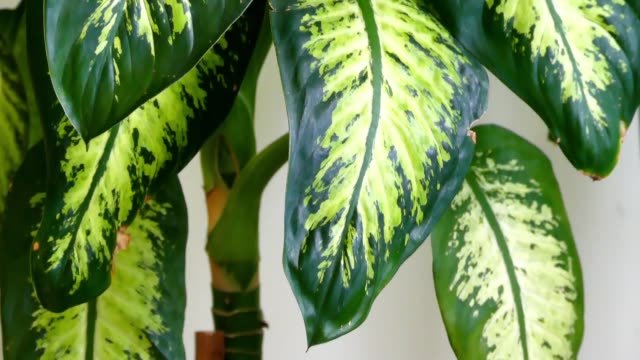
Philodendron: Many varieties of philodendron contain calcium oxalate crystals, which can cause oral irritation, vomiting, and difficulty swallowing if ingested by humans or animals.
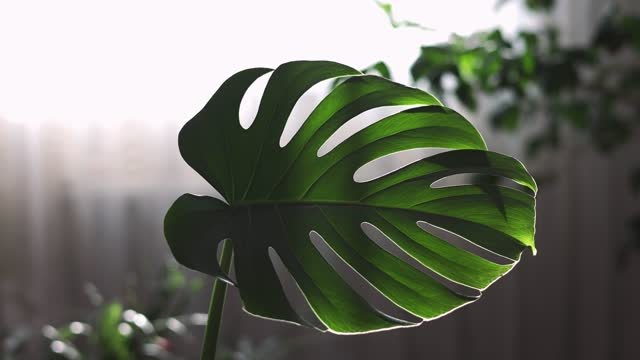
Pothos (Epipremnum aureum): While pothos is known for its trailing vines and ease of care, it's toxic to both humans and pets if ingested. Symptoms of poisoning may include oral irritation, vomiting, and difficulty breathing.
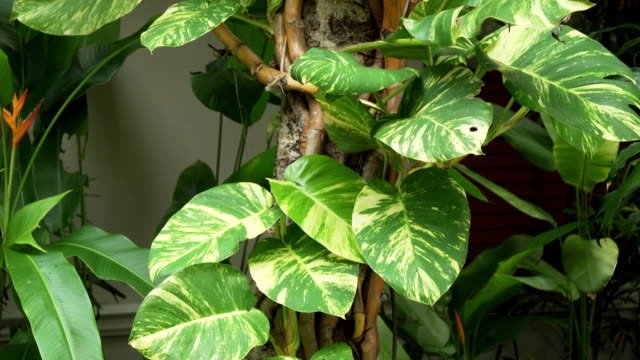
Sago Palm (Cycas revoluta): Despite its name, the sago palm is not a true palm and is highly toxic to pets, especially dogs. Ingestion of any part of the plant can lead to severe symptoms such as liver failure and even death.
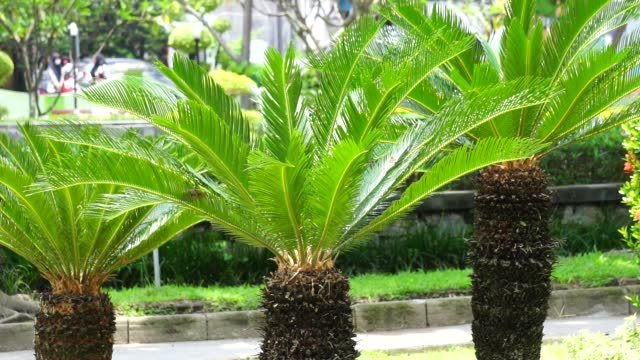
When selecting houseplants for your home, it's crucial to prioritize the safety of your family members, including furry friends. Always research the toxicity of plants before bringing them into your home and consider placing toxic varieties out of reach or opting for safer alternatives.
Remember, a thriving indoor garden can enhance the ambiance of your home while promoting a healthier living environment. By making informed choices about the plants you cultivate indoors, you can create a space that is both beautiful and safe for everyone to enjoy.
If you're interested in learning more about creating a welcoming and healthy home environment, feel free to reach out to me, Nathan Derry, your trusted Realtor at JohnHart Real Estate.

📍JohnHart Real Estate
📞(424) 303-0440
📧 nathan@jhagents.com
👨🏽💻 itsnathanderry.com
Interested in seeing a property or one of my off market properties in person? Contact me today! Who you hire matters!!!
Ready to make the best move of your life… let’s chat today!
